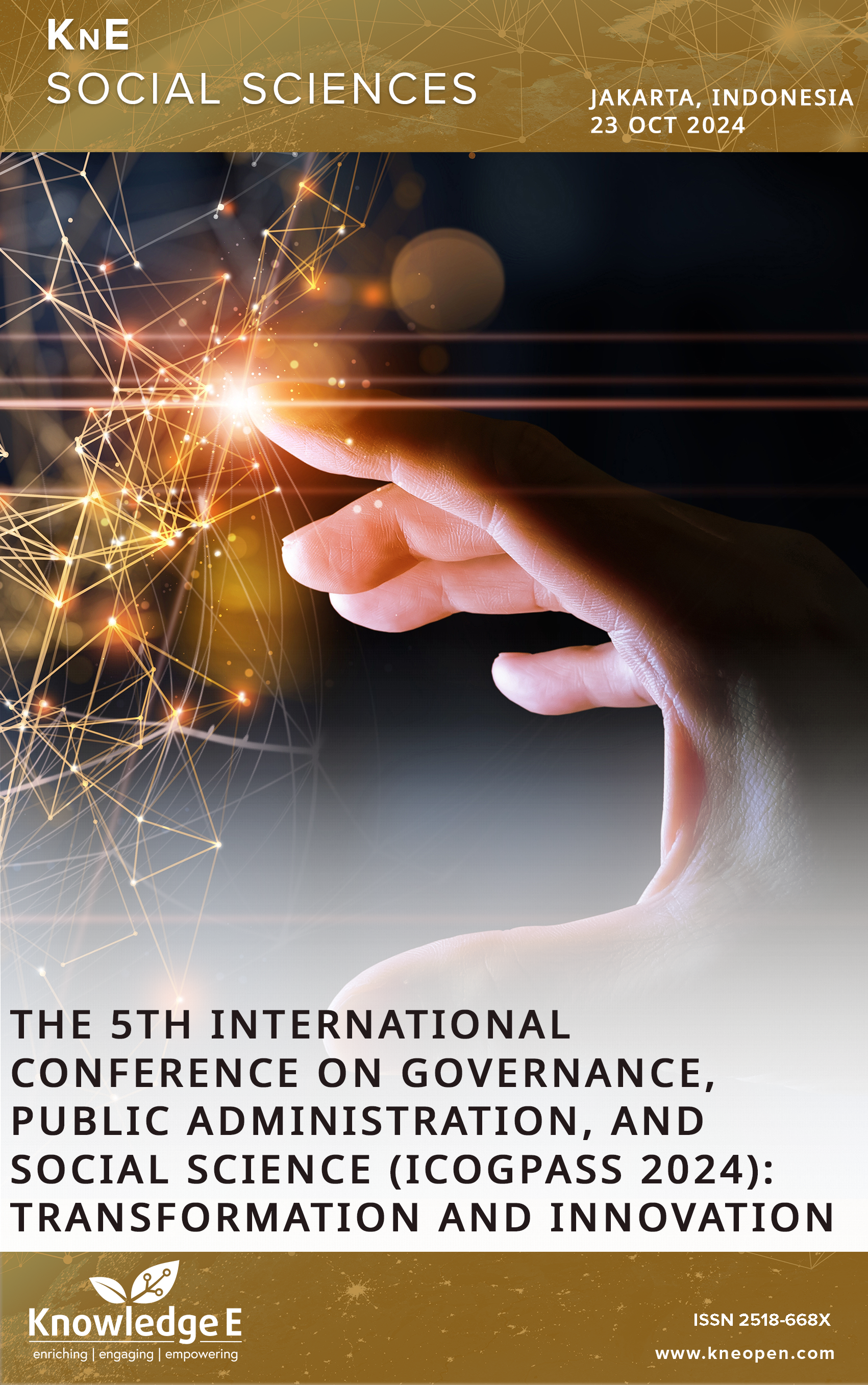Analysis of the Effectiveness of Higher Education Promotion Strategies for New Students Enrollment: A Case Study at NIPA School of Administration Jakarta
DOI:
https://doi.org/10.18502/kss.v10i16.19197Keywords:
effectiveness, promotion strategies, consumer behavior, new student admissionsAbstract
Based on data from the Higher Education Database (PDDikti), in 2023, the number of higher education institutions in Indonesia reached 4523, marking a 1.465% increase from the previous year, which had 3,107 institutions. With the rising number of higher education institutions in Indonesia, competition for student recruitment is becoming more intense. NIPA School of Administration Jakarta continuously works to enhance its appeal and visibility by optimizing its promotional strategies. The number of applicants increased by 28.82% from 2020 to 2021 but significantly decreased by 27.25% in 2021-2022 and by 14.48% in 2022-2023, despite the promotional and marketing budget increasing each year. This could be due to a gap between the marketing platforms used and the preferences and behaviors of the target market. This study aims to determine the effectiveness of the promotional strategies and the consumer behavior shaped by NIPA School of Administration Jakarta’s promotional content. The research method used is mixed-method, combining qualitative and quantitative approaches. Data analysis used an explanatory sequential design. The quantitative research population consists of new students from the 2024 cohort, selected using random sampling techniques. Based on the research findings, promotional efforts must be more varied, such as developing more tailored campaigns for different study programs, leveraging students as part of the promotional team, and enhancing the effectiveness of word-of-mouth marketing.
References
[1] Armstrong G, Adam S, Denize S, Kotler P. Principles of marketing. Pearson Australia; 2014.
[2] Banerjee S. Effect of product category on promotional choice: comparative study of discounts and freebies. Manage Res News. 2009;32(2):120–31.
[3] Familmaleki M, Aghighi A, Hamidi K. Analyzing the impact of promotion mix on consumer; s purchase decision. Advanced Social Humanities and Management. 2015;2(1):71–81.
[4] Fill C. Simply marketing communications. Pearson Education; 2006.
[5] Hadiyati E. Study of marketing mix and AIDA model to purchasing on line product in Indonesia. British Journal of Marketing Studies. 2016;4(7):49–62.
[6] Kurnia D, Deviyantoro. Analisis Faktor-Faktor Pada Perguruan Tinggi Yang Diminati Masyarakat [ JAKMEN]. Jurnal Akuntansi Manajemen. 2023;2(1):1–8.
[7] Rahma RF, Nina DN. STRATEGI PROMOTION MIX MARKETING AGUNG SPORT CENTER DALAM MENINGKATKAN JUMLAH KONSUMEN TAHUN 2022. Jurnal Manajemen Perusahaan: JUMPA. 2024;3(1):30–8.
[8] Sitanggang AS, Nazhif DN, Ar-Razi MH, Buaton MA. Efektivitas Strategi Digital Marketing di Media Sosial: Studi Kasus Facebook, Instagram, dan Tiktok Generasi Z. MASMAN. Master Manajemen. 2024;2(3):233–41.
[9] Suarmaja IB, Suarmanayasa IN, Susila GP, Atidira R. Word of Mouth Marketing atau Social Media Marketing yang Lebih Efektif dalam Keputusan Memilih Program Studi S1 Manajemen Di Universitas Pendidikan Ganesha. Bisma: Jurnal Manajemen. 2023;9(1):32–7.
Published
How to Cite
Issue
Section
License
Copyright (c) 2025 Mutiara Intan Kamila, Ahmad Faris Maulana, Keisha Dinya Solihati

This work is licensed under a Creative Commons Attribution 4.0 International License.

